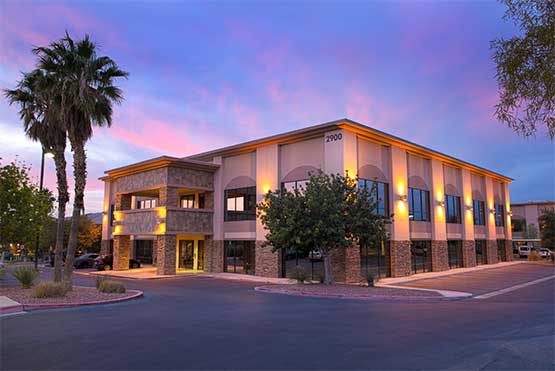Court May Award Profits Even If Infringing A Trademark Was Not Willful
On April 23, 2020, the U.S. Supreme Court unanimously decided that an infringer may have to disgorge profits made from infringing activity that was not willful.
In a case about purse fasteners, the nation’s highest court looked at whether federal trademark law – the Lanham Act – requires that for a trademark owner to recover wrongfully earned profits, a trademark infringer must have engaged in the infringing activity willfully, where the language of the statute does not use any form of the word “willful” or any synonym. The court decided in Romag Fasteners, Inc. v. Fossil, Inc., that a willful state of mind is not required to award profits.
In other words, if another party infringes on your lawful trademark and makes money from the infringing behavior, you may be entitled to get those profits in a federal infringement suit, even if the infringer did not set out with an intentionally willful purpose to infringe on your trademark. Even if the party infringed carelessly or negligently, you still may be able to recover those profits.
Infringing purse fasteners
The case involved famous purse-maker Fossil, which entered into a trademark licensing agreement with Romag Fasteners so that Fossil could use Romag magnetic snap fasteners on Fossil products. Romag sued Fossil, alleging that the Chinese manufacturer Fossil used to make these bags was using counterfeit Romag fasteners and not the authentic ones.
The federal jury found that Fossil had not willfully infringed Romag’s trademark but had acted “in callous disregard.” The court held that callous disregard of Romag’s trademark rights was not willful and that to get the profits Fossil had wrongfully gotten from the infringement, the infringement would have had to be willful.
The issue wound its way to the Supreme Court, which disagreed, based largely on the language of the law. Romag had shown at trial that Fossil violated section 1125(a) for false or misleading trademark use. This section does not literally require willfulness for profit recovery. In comparison, the court said that several other sections in the Act do speak to required “mental states” for other kinds of recovery.
Basically, the court said that where Congress was silent in some parts of a law, but not in others, it would be wrong to read into the silent part a requirement not expressly put there.
Seek legal counsel
Any Nevada business or business owner who believes another party may be violating its trademark rights should speak with an experienced intellectual property lawyer about potential legal remedies. On the flip side, any business accused of trademark infringement or dilution should seek immediate legal advice and representation to protect itself financially from the accusation and protect its reputation.
The attorneys at Kerr Simpson, in Henderson, Nevada, represent Nevada business clients involved in either side of trademark or copyright disputes.

